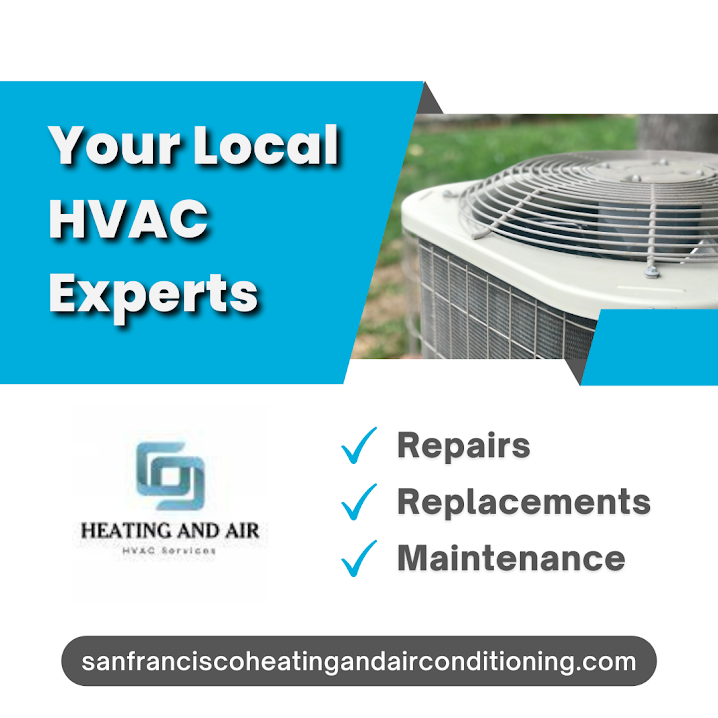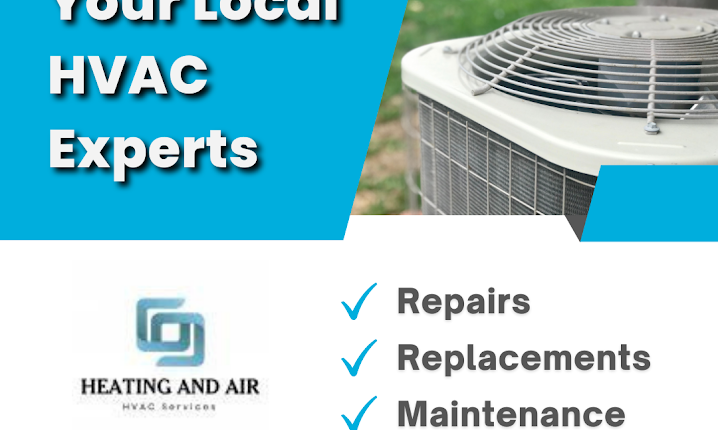
Identifying whether your HVAC system is energy-efficient involves considering various factors that contribute to its overall performance and energy consumption. Here’s how you can determine if your HVAC system is energy-efficient:
- Energy Efficiency Rating: Check the system’s energy efficiency rating, such as SEER (Seasonal Energy Efficiency Ratio) for cooling and AFUE (Annual Fuel Utilization Efficiency) for heating. Higher ratings indicate better efficiency.
- Age of the System: Older HVAC systems tend to be less energy-efficient than newer models. If your system is more than 10-15 years old, it might be worth considering an upgrade.
- Utility Bills: Monitor your energy bills over time. If your bills have been consistently high despite normal usage, your HVAC system might not be operating efficiently.
- Maintenance History: Regular maintenance can improve efficiency. If you’ve been diligent about maintenance and still notice inefficiencies, it could be a sign of a problem.
- Even Temperatures: An energy-efficient HVAC system should provide consistent temperatures throughout your home. If you experience hot or cold spots, your system might not be distributing air properly.
- Cycling Patterns: Observe how frequently your HVAC system cycles on and off. Frequent cycling can indicate an improperly sized system or other issues affecting efficiency.
- Comfort Levels: An energy-efficient system should maintain a comfortable indoor environment without excessive fluctuations in temperature or humidity.
- Smart Thermostats: If your HVAC system is compatible with a smart thermostat, using one can help optimize energy usage by adapting to your schedule and preferences.
- Energy Star Certification: Look for the Energy Star label on your HVAC system. Energy Star-certified products meet stringent energy efficiency guidelines set by the U.S. Environmental Protection Agency.
- Regular Inspections: Schedule regular HVAC inspections and maintenance with professionals. They can identify issues that might be affecting your system’s efficiency.
- Noise Levels: Energy-efficient systems tend to operate quietly. If your system is making unusual noises, it might be working harder than necessary.
- Carbon Footprint: Consider the environmental impact of your system. An energy-efficient HVAC system reduces greenhouse gas emissions and contributes to a smaller carbon footprint.
- Proper Sizing: An appropriately sized HVAC system is crucial for efficiency. Oversized or undersized systems can lead to inefficiencies and discomfort.
- Technology Upgrades: Energy-efficient HVAC systems often feature advanced technology, such as variable-speed motors and smart controls, which enhance efficiency.
If you’re uncertain about the energy efficiency of your HVAC system, consider consulting with HVAC professionals. They can assess your system’s performance, provide recommendations for improvements, and guide you toward energy-efficient options if necessary.


Recent Comments